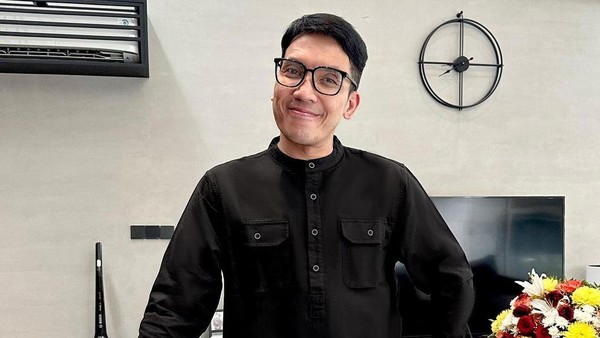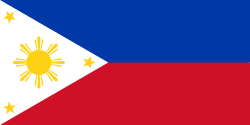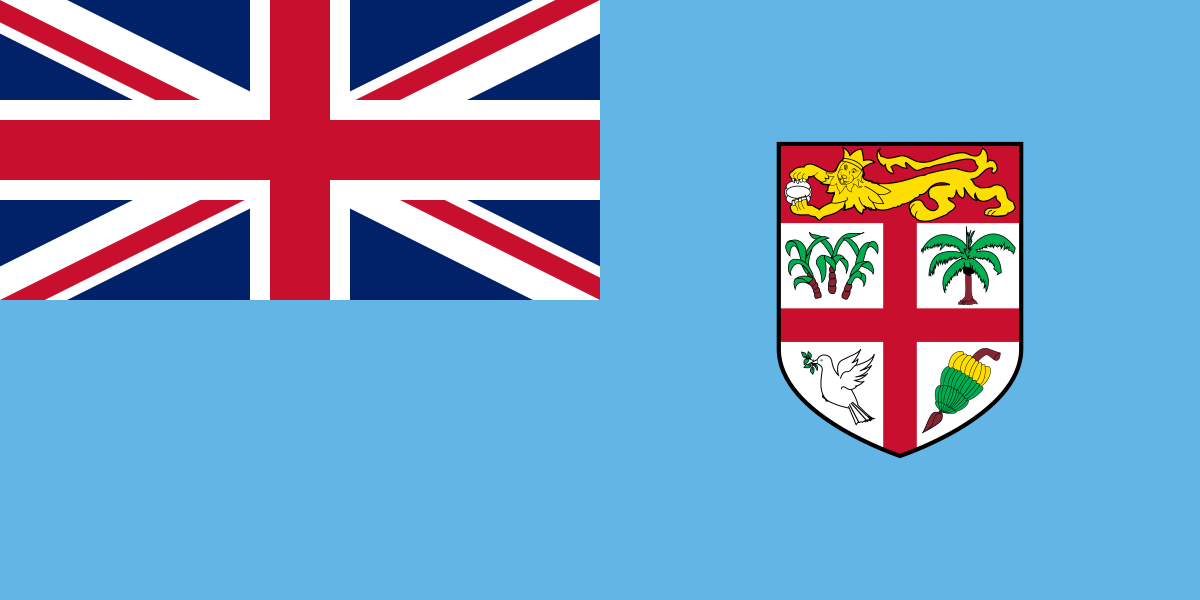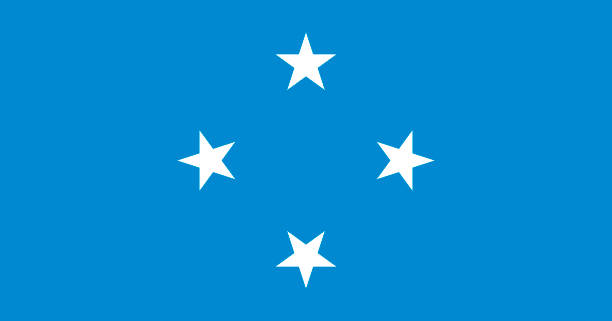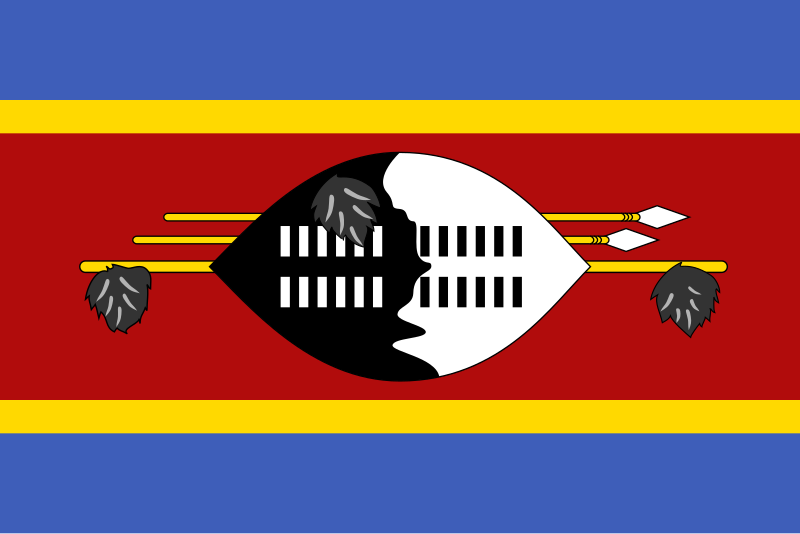
As we age, maintaining proper hydration becomes increasingly essential for overall health. However, many individuals in their 50s often overlook critical aspects of their drinking habits. According to recent insights, failing to hydrate appropriately can lead to various health issues, including fatigue, dizziness, and even more severe complications. Here are five common drinking mistakes that can adversely affect health for those in their 50s.
1. Only Drinking When Thirsty
One of the most significant mistakes people make as they age is waiting until they feel thirsty to drink water. The body’s thirst mechanism tends to become less sensitive with age, meaning that individuals may not recognize dehydration until it becomes severe. This can lead to symptoms such as dizziness, fatigue, and confusion. To counter this, it is advisable to establish a routine that includes regular water intake throughout the day, regardless of thirst cues. Setting reminders or keeping a water bottle handy can help ensure adequate hydration.
2. Overhydrating Without Electrolytes
While staying hydrated is crucial, overhydration can also pose risks, particularly if electrolytes are not replenished. Drinking excessive amounts of water without electrolyte balance can dilute sodium levels in the body, leading to symptoms such as muscle cramps, nausea, and confusion. In severe cases, it can result in seizures or even death. To maintain a healthy balance, individuals should consider incorporating electrolyte-rich beverages, such as coconut water or sports drinks, into their hydration routine, especially after physical activity.
3. Consuming Excessive Caffeinated Beverages
Caffeine is a popular stimulant, but it can be a double-edged sword for those in their 50s. While moderate caffeine intake can offer benefits, excess consumption can lead to dehydration due to its diuretic properties. This means that caffeine can cause the body to lose more water through urine, exacerbating dehydration. It is advisable to limit caffeine intake to one or two cups per day and to compensate by drinking an equal amount of water afterward.
4. Neglecting Morning Hydration
During sleep, the body naturally loses water, leading to mild dehydration by morning. Many people overlook the importance of drinking water first thing in the morning, opting instead for coffee or other beverages. Starting the day with a glass of water can help rehydrate the body and improve energy levels. It’s a simple yet effective way to combat fatigue and set a healthy tone for the day ahead.
5. Failing to Adjust Hydration to Activity Levels
As physical activity levels fluctuate, so too should hydration practices. Many adults over 50 engage in less physical activity, yet fail to adjust their water intake accordingly. Conversely, those who do exercise need to increase their fluid intake to compensate for water loss through sweat. It’s essential to recognize that physical exertion requires additional hydration to maintain performance and prevent dehydration. Keeping track of fluid intake during exercise and ensuring that water is readily available can help mitigate these issues.
Conclusion
Proper hydration plays a vital role in maintaining health and well-being, especially for individuals in their 50s and beyond. By avoiding these common drinking mistakes—drinking only when thirsty, overhydrating without electrolytes, consuming too much caffeine, neglecting morning hydration, and failing to adjust intake based on activity levels—individuals can significantly improve their health outcomes. Prioritizing hydration is a simple yet effective strategy for enhancing quality of life as we age.

